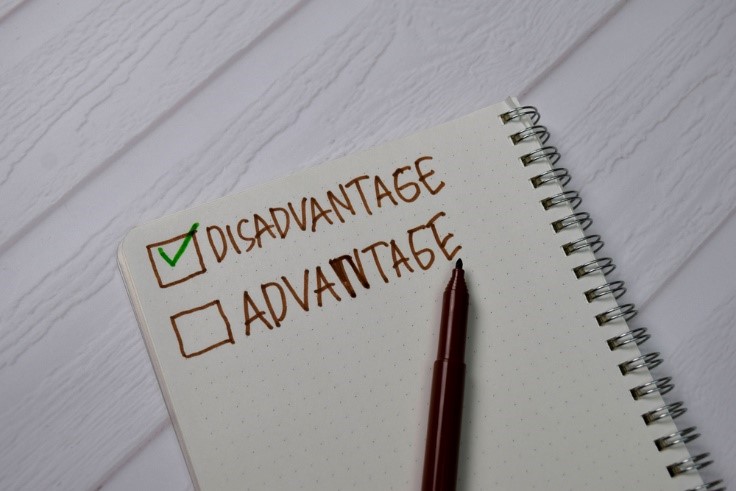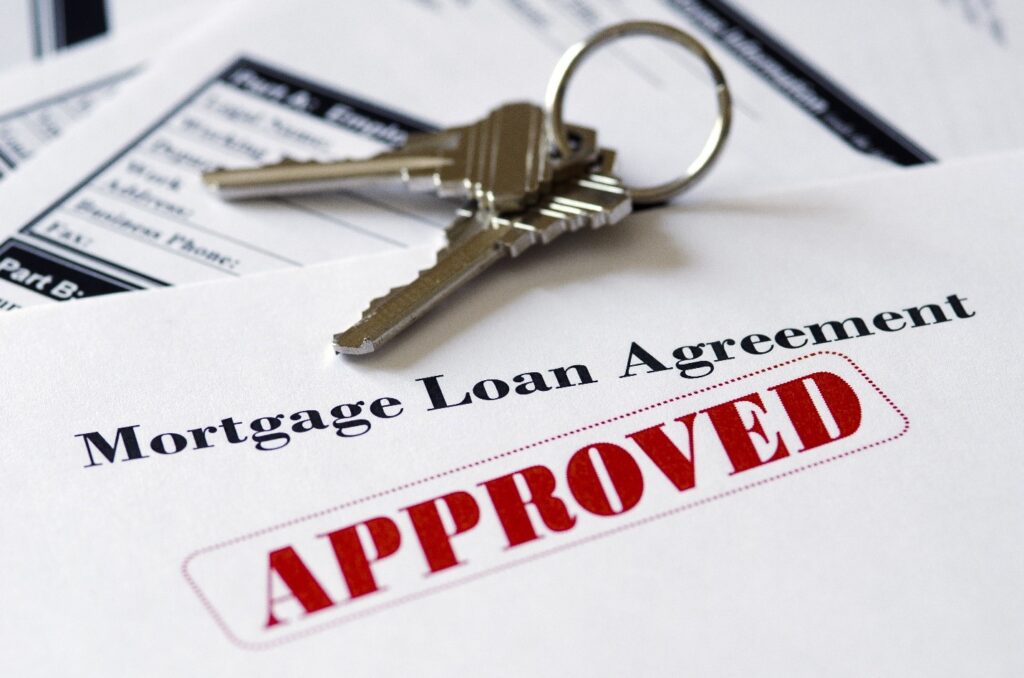
Buying your first home can be a roller coaster of emotions. This is especially true in these times of a competitive market, making 2022 a rough year to buy a home. It is imperative to understand the basics of the entire process thoroughly. This will help you and your family make an informed decision in the right direction. It is better to have the knowledge for the sake of your family and your financial situation. We have made a step-by-step guide for how to buy a house in 2022.
Step 1: Figure out your financial situation.
Before you start looking for a house, make a detailed and thorough analysis of your financial situation. It will help you make certain decisions easily. For example, you must ask yourself what your price range is, how much you are willing to pay as a down payment, what installments plan you will take, and so on. With all the basic questions answered you will have a clear vision of what you can afford.
Step 2: Obtain a pre-approval for a home loan.
For the first time home buyers, there is an excellent initiative that you can take advantage of including special mortgage plans like FHA Loans. They come with lower interest rates and down payments. With a credit score of 580, you can qualify for a down payment to be as low as 3.5%.
For example, through FHA Loans, you can get a $200,000 house with the installment as low as $7,000. That is better than the traditional 20% down payment rule.
Step 3: Get yourself a real estate agent.
An excellent real estate agent will get you through the technicalities and legalities of the home buying process. They will also show you around other properties in their listings that fits your requirements and agreed upon rates. A once arduous task will now be easy with the help of an experienced professional. The agent will also be taking care of all the paperwork for you, so you can just relax and look for your dream home.
Step 4: Make in-person visits to potential properties.
You can easily look up all the available properties on the internet, but we recommend attending open houses and checking out your potential home in-person. This will broaden your understanding of the market and you might discover some new things along the way. Going in-person to houses might help you get a great deal.
Step 5: Make an offer they can’t refuse.
At this step, we assume you have already landed on your favorite property. It is just a few steps away from being your dream home. This is where your agent comes in to assist. They can help with negotiating the price down. To be concise, make the homeowner an offer that they can’t refuse while still keeping your budget in mind.
Step 6: Close the deal.
It is time to close the deal. You have finally decided on the mortgage plan that you will opt for and have had the house appraised. Schedule a closing date with the home seller. Keep in mind that closing costs are approximately between 2% to 5% of the price of the house. Once it is all said and done, you will be handed over the keys to your new house and that’s how you become a homeowner.

Conclusion
Buying your first home can be a tedious and nerve-wracking experience. All the technicalities and paperwork involved in the process are time consuming. It is better to have a professional take care of this entire procedure. American Mortgage Resource, Inc. is a licensed home mortgage broker with the best loan options and deals in the market. We will take care of everything in your home buying journey. The only thing that you will do is choose your favorite home. Check out our website or give us a call at (617) 972-8588 to avail our services.
















